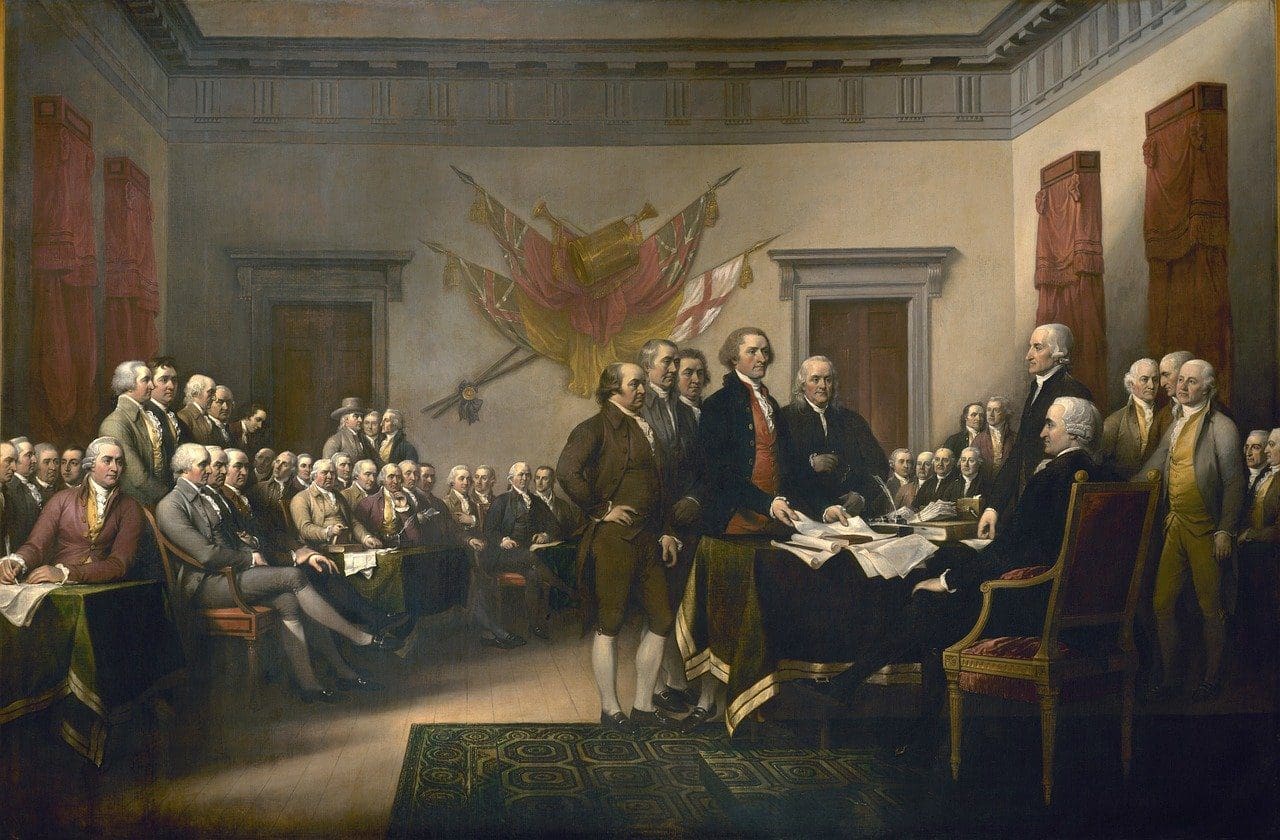In another example of a failing bureaucracy, a federal audit found that the Dallas Housing Authority cannot account for some $3.8 million dollars in taxpayer funds. While they still haven’t found the missing money, yesterday they found time to debate a proposal to ban staffers religious expressions in e-mails – though the agency could probably use divine intervention at this point.
In fact, the Housing Authority’s meeting turned into a circus. The head of the Commission, Betty Culbreath, was promoting the proposal to prohibit religious statements in emails, which was apparently directed at the Authority’s CEO and President Ann Lott, who frequently cites biblical verses. She also backed another proposal requiring that all communications, including event programs, be reviewed, and presumably sanitized, by the Commissioners before being made public.
When Lott questioned whether the Commissioners should be micromanaging such details, Culbreath interrupted, “Girl, this doesn’t affect every program. What’s wrong with you today?” Lott responded, “”I’m not your girl. I’m not your child.” Culbreath shot back that Lott is not Jesus.
Suffice to say, taxpayers deserve more than such charades. Mayor Tom Leppert and the Dallas City Council are reviewing the structure of the Housing Authority. They should reconsider if the Authority is needed as a separate entity, not to mention its commissioners.
Why can’t the City’s social services department just receive federal housing funds and distribute them in the form of vouchers to the eligible needy? While one can debate whether any level of govenrment should be subsidizing housing, it is certainly clear that having an extra housing bureaucracy and a set of petty politicans to run it does not serve the public interest.
For the Dallas Morning News story, see:
https://www.dallasnews.com/sharedcontent/dws/news/localnews/stories/DN-dha_11met.ART.State.Edition1.45fe91d.html



